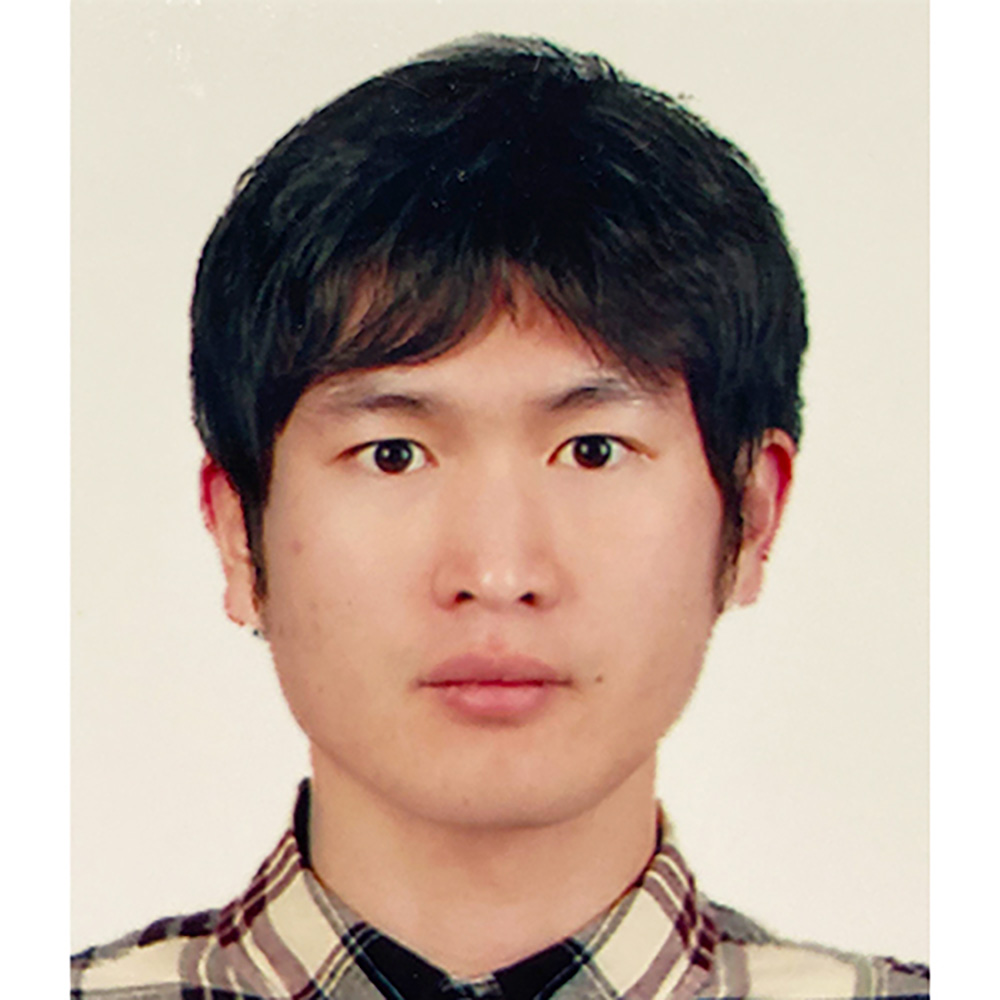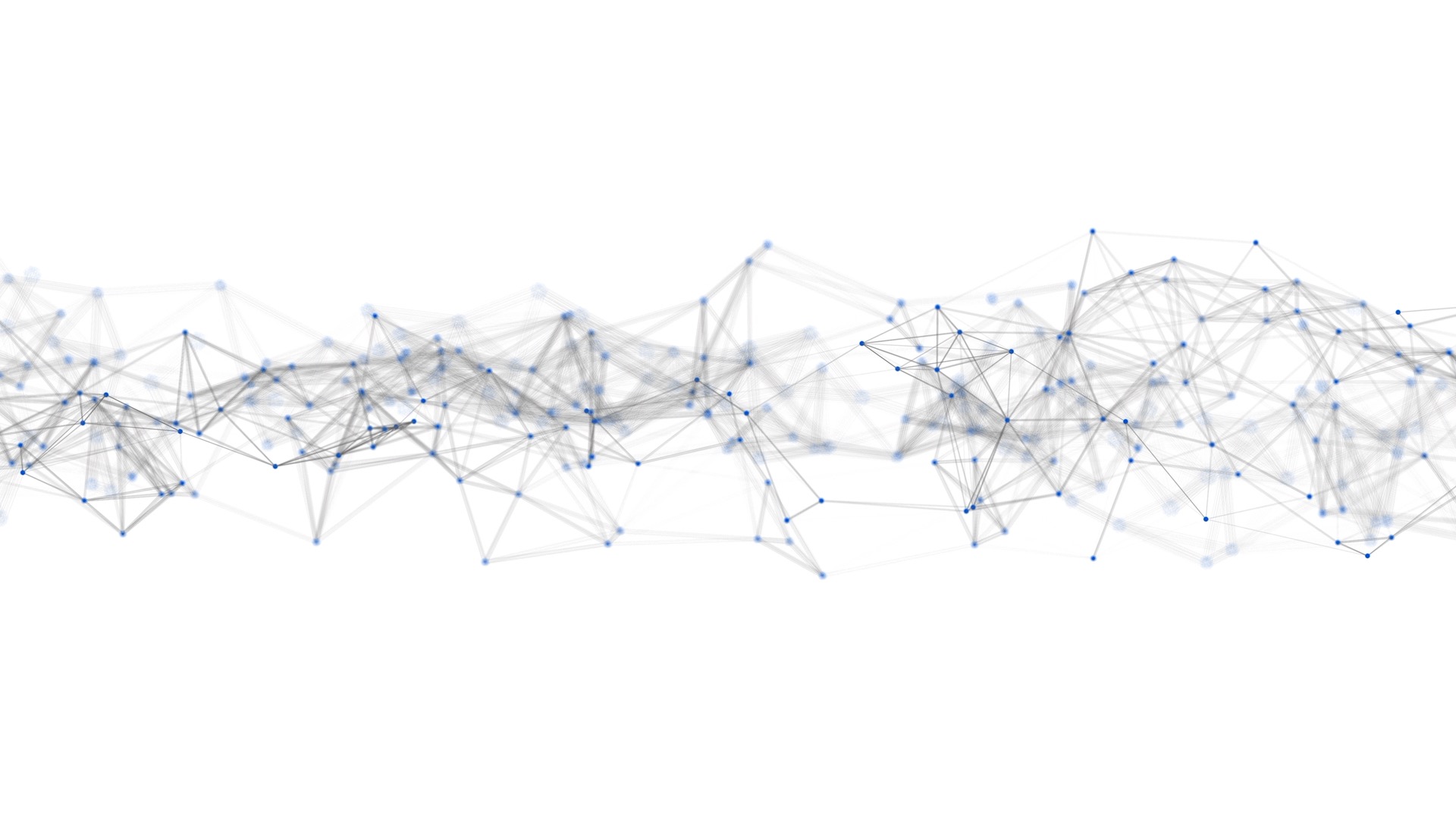
李 俊成(Joonseong Lee)
| Position | 研究員 |
|---|---|
| 研究グループ | 山本(拓)グループ |
| Research Field | Molecular Biology |
| 着任日 | 2021年5月1日 |
研究概要
Investigation of post-transcriptional determinants responsible for pluripotency gene expression
Classical theory assumes the main determinant of protein abundances in the cell is transcript abundances. However, recent studies using next-generation sequencing for transcriptome analysis and mass spectrometry for proteomics have revealed that the expression changes of the transcript and protein are poorly correlated when the cell fate changes, as is the case with somatic cell reprogramming (i.e., iPS cells) or cell differentiation. Thus, understanding the regulatory processes that occur after transcription is important to deepening our knowledge of the gene expression.
Because of my interest in pluripotency, I am studying the pluripotent genes whose mRNA expressions in human hiPS cells and somatic cells show similar levels, but the protein expressions are much higher in hiPS cells. To investigate the post-transcriptional determinants for the protein expression of pluripotent genes that show poor correlation between mRNA and protein expressions during somatic cell reprogramming, I plan to profile and analyze the RNA secondary structure of somatic cells and iPS cells in vivo by dimethyl sulfate (DMS) mutational profiling with sequencing (DMS-MaPseq). Specifically, I am investigating whether alternations in the RNA secondary structures are key determinants of the translation process of pluripotency genes. To test this hypothesis, I will identify RNA modifications that change RNA secondary structures affecting the protein expression of pluripotent genes. This study will provide new knowledge on the mechanism of pluripotent gene regulation.
略歴
Lee Joonseong obtained his PhD from Kyoto University in 2015. He joined Dr Takuya Yamamoto’s group in 2016.
論文
Bansho Y., Lee J., Nishida E., and Nakajima-Koyama M., Identification and characterization of secreted factors that are upregulated during somatic cell reprogramming., FEBS Letters, 591, 11, 1584-1600, (2017)
Kimura, M., Nakajima-Koyama, M., Lee, J. and Nishida, E., Transient Expression of WNT2 Promotes Somatic Cell Reprogramming by Inducing β-Catenin Nuclear Accumulation., Stem Cell Reports, 6, 6, 834-843, (2016)
Nakajima-Koyama, M., Lee, J., Ohta, S., Yamamoto, T. and Nishida, E., Induction of Pluripotency in Astrocytes through a Neural Stem Cell-Like State., J. Biol. Chem., 290, 52, 31173-31188, (2015)
Lee, J., Nakajima-Koyama, M., Sone, M., Koga, M., Ebisuya, M., Yamamoto, T. and Nishida, E., Secreted Ephrin Receptor A7 Promotes Somatic Cell Reprogramming by Inducing ERK Activity Reduction., Stem Cell Reports, 5, 4, 480–489, (2015)


